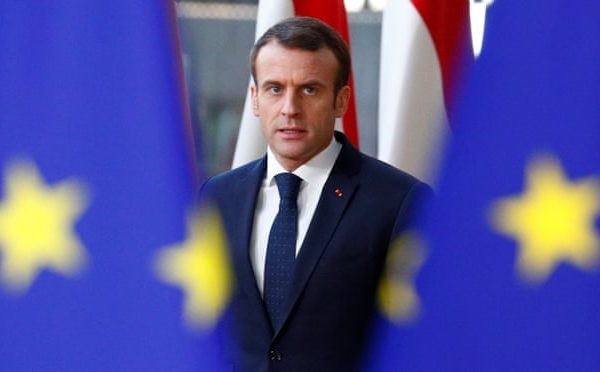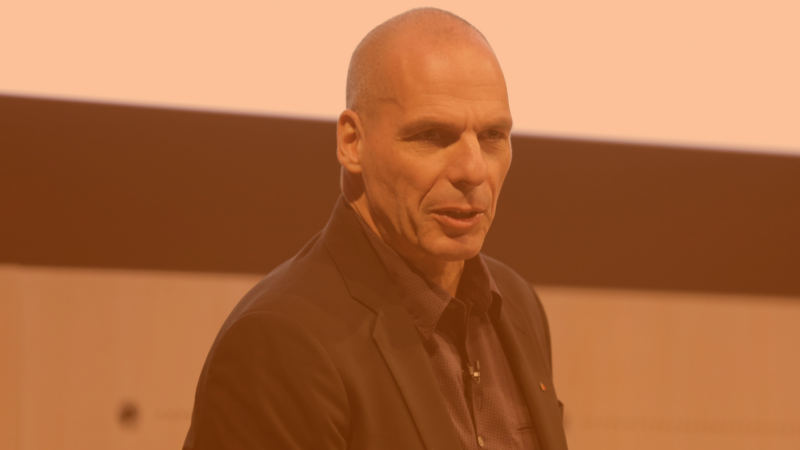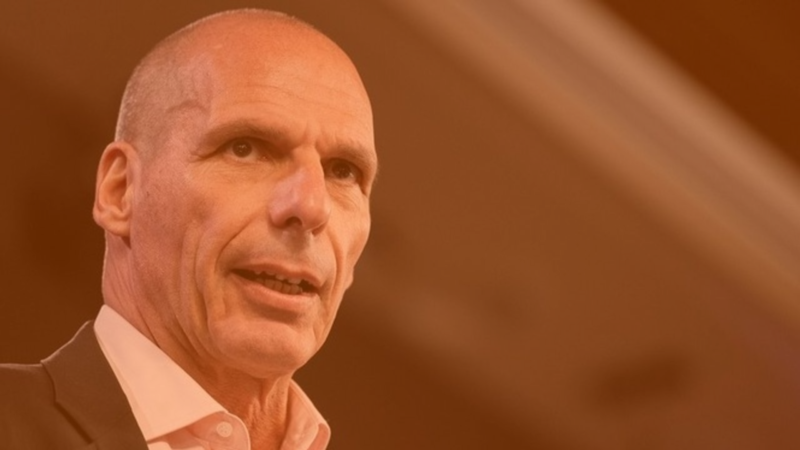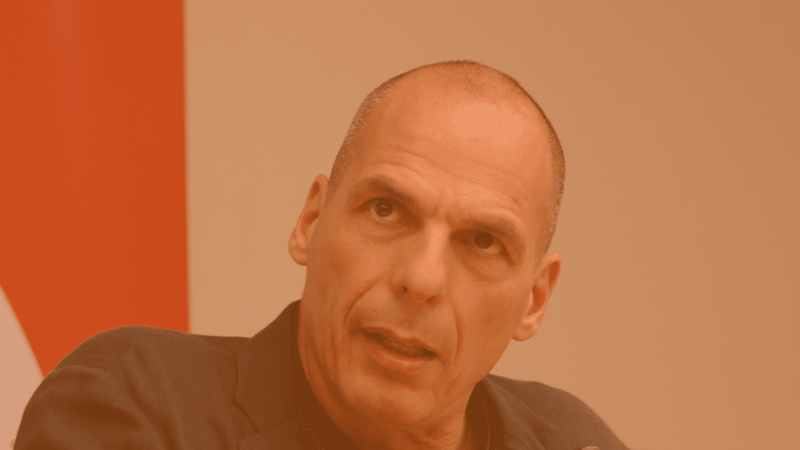If Brexit demonstrates that leaving the EU is not the walk in the park that Eurosceptics promised, Emmanuel Macron’s current predicament proves that blind European loyalism is, similarly, untenable. The reason is that the EU’s architecture is equally difficult to deconstruct, sustain and reform.
While Britain’s political class is, rightly, in the spotlight for having made a mess of Brexit, the EU’s establishment is in a similar bind over its colossal failure to civilise the eurozone – with the rise of the xenophobic right the hideous result.
Macron was the European establishment’s last hope. As a presidential candidate, he explicitly recognised that “if we don’t move forward, we are deciding the dismantling of the eurozone”, the penultimate step before dismantling of the EU itself. Never shy of offering details, Macron defined a minimalist reform agenda for saving the European project: a common bank deposit insurance scheme (to end the chronic doom loop between insolvent banks and states); a well-funded common treasury (to fund pan-European investment and unemployment benefits); and a hybrid parliament (comprising national and European members of parliament to lend democratic legitimacy to all of the above).
Since his election, the French president has attempted a two-phase strategy: “Germanise” France’s labour market and national budget (essentially making it easier for employers to fire workers while ushering in additional austerity) so that, in the second phase, he might convince Angela Merkel to persuade the German political class to sign up to his minimalist eurozone reform agenda. It was a spectacular miscalculation – perhaps greater than Theresa May’s error in accepting the EU’s two-phase approach to Brexit negotiations.
When Berlin gets what it wants in the first phase of any negotiation, German chancellors then prove either unwilling or incapable of conceding anything of substance in the second phase. Thus, just like May ending up with nothing tangible in the second phase (the political declaration) by which to compensate her constituents for everything she gave up in the first phase (the withdrawal agreement), so Macron saw his eurozone reform agenda evaporate once he had attempted to Germanise France’s labour and national budget. The subsequent fall from grace, at the hands of the offspring of his austerity drive – the gilets jaunes movement – was inevitable.
Historians will mark Macron’s failure as a turning point in the EU, perhaps one that is more significant than Brexit: it puts an end to the French ambition for a fiscal union with Germany. We can already see the decline of this French reformist ambition in the shape of the latest manifesto for saving Europe by the economist Thomas Piketty and his supporters – published this week. Professor Piketty has been active in producing eurozone reform agendas for a number of years – an earlier manifesto was produced in 2014. It is, therefore, interesting to observe the effect of recent European developments on his proposals.
In 2014, Piketty put forward three main proposals: a common eurozone budget funded by harmonised corporate taxes to be transferred to poorer countries in the form of investment, research and social spending; the pooling of public debt, which would mean the likes of Germany and Holland helping Italy, Greece and others in a similar situation to bring down their debt; and a hybrid parliamentary chamber. In short, something similar to Macron’s now shunned European agenda.
Four years later, the latest Piketty manifesto retains a hybrid parliamentary chamber, but forfeits any Europeanist ambition – all proposals for debt pooling, risk sharing and fiscal transfers have been dropped. Instead, it suggests that national governments agree to raise €800bn (or 4% of eurozone GDP) through a harmonised corporate tax rate of 37%, an increased income tax rate for the top 1%, a new wealth tax for those with more than €1m in assets, and a C02 emissions tax of €30 per tonne. This money would then be spent within each nation-state that collected it – with next to no transfers across countries. But, if national money is to be raised and spent domestically, what is the point of another supranational parliamentary chamber?
Europe is weighed down by overgrown, quasi-insolvent banks, fiscally stressed states, irate German savers crushed by negative interest rates, and whole populations immersed in permanent depression: these are all symptoms of a decade-long financial crisis that has produced a mountain of savings sitting alongside a mountain of debts. The intention of taxing the rich and the polluters to fund innovation, migrants and the green transition is admirable. But it is insufficient to tackle Europe’s particular crisis.
What Europe needs is a Green New Deal – this is what Democracy in Europe Movement 2025 – which I co-founded – and our European Spring alliance will be taking to voters in the European parliament elections next summer.
The great advantage of our Green New Deal is that we are taking a leaf out of US President Franklin Roosevelt’s original New Deal in the 1930s: our idea is to create €500bn every year in the green transition across Europe, without a euro in new taxes.
Here’s how it would work: the European Investment Bank (EIB) issues bonds of that value with the European Central Bank standing by, ready to purchase as many of them as necessary in the secondary markets. The EIB bonds will undoubtedly sell like hot cakes in a market desperate for a safe asset. Thus, the excess liquidity that keeps interest rates negative, crushing German pension funds, is soaked up and the Green New Deal is fully funded.
Once hope in a Europe of shared, green prosperity is restored, it will be possible to have the necessary debate on new pan-European taxes on C02, the rich, big tech and so on – as well as settling the democratic constitution Europe deserves.
Perhaps our Green New Deal may even create the climate for a second UK referendum, so that the people of Britain can choose to rejoin a better, fairer, greener, democratic EU.
Originally published in The Guardian: theguardian.com/commentisfree/2018/dec/13/plan-europe-macron-piketty-green-new-deal-britain
Do you want to be informed of DiEM25's actions? Sign up here










